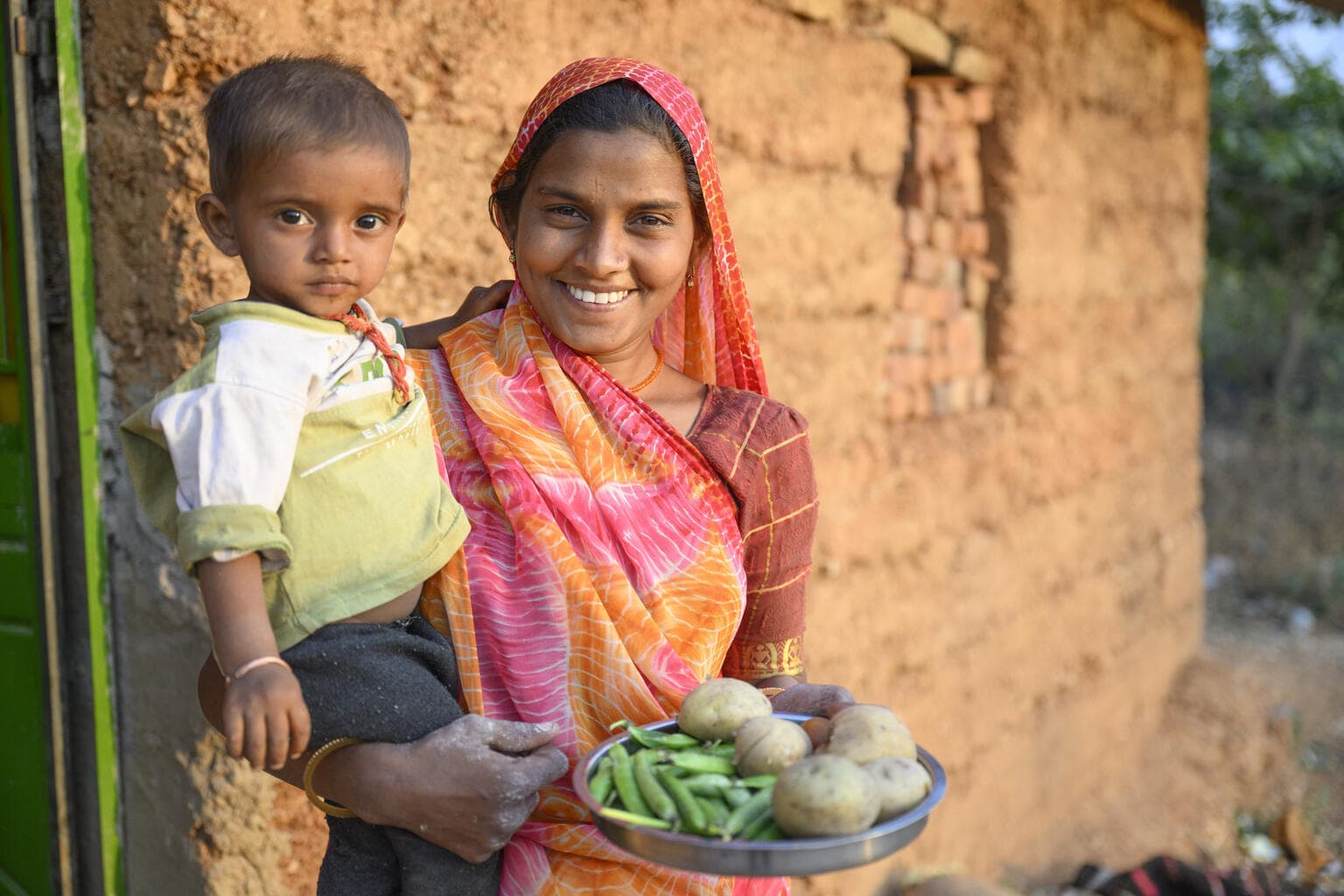‘Zero Food Children’ is the term given to children aged 6 to 23 months who haven’t had a bite of food in over 24 hours. It might seem impossible to the world but in reality, India has the largest number of zero-food children that is over 6 million. It is a scary number and needs immediate intervention just not from the government but through CSR initiatives as well which can make a huge difference. There are several ways through which change can be brought into the system and together as a society we can someday make sure that no child sleeps hungry.
As we already know the problem of zero-food children isn’t just their problem, their mothers too are barely eating anything. The reasons are lack of access to nutritional food, living below the poverty line and inequality in food distribution. All this led to a huge number of mothers and children barely meeting ends when it comes to food and nutrition.
When we talk about CSR initiatives, several programmes can be incorporated and with the right implementation, corporates can help in making sure meals reach the right people and no mother or child has to go without food for 24 hours.
Types of CSR initiatives that target the problem at the fundamental level:
Development of food distribution centres
Inequality in food distribution still lies as one of the major causes of malnutrition in mothers and children living in rural areas. People living in poverty do not have access to free food and cannot afford the food distributed even with the lowest possible cost. These inequalities result from many factors such as corruption and lack of a proper distribution channel but the solution can be brought into effect through CSR. Developing food distribution centres that cater to everyone living in the rural areas equally and have a monitoring system so that people get justice in terms of food can be a fruitful CSR project.
Facilitation of meals for students in primary schools
In India, mid-day meal is served in many government schools so that the children studying at the primary level have at least one proper meal in a day. But the issue here is that many children do not even attend these schools because they cannot afford the bare minimum fee. Development of schools with no cost to the students and their families for the primary level and then providing meals at least twice a day to the children can eradicate a huge amount of this issue. Making sure that the administration runs a quality check of the food distributed and ensuring that it consists of nutritional elements will help children get the proper diet they need in their growing years.
Meal distribution to impoverished areas with large numbers of children
Even with the above-mentioned facilitation, many people would still not send their children to school and hence a solution for these people needs to be brought into action. CSR initiatives where meals could be directly distributed to impoverished areas such as places categorized as slums or to people living in dire conditions on the roads in India can benefit from meals being distributed to them directly at least twice a day. These routine activities can be taken by implementation partners across the country who specialize in the nutritional sector and provide end-to-end management and execution of the initiative.
Nutrition Education and Counseling
A lot of times the lack of nutrition in mothers and children is not because of poverty or other factors but also awareness about what to feed the children. This is because people in rural areas barely have access to potent nutrients and follow a diet that their pocket allows. This is why awareness about vitamins, nutrients and a healthy diet needs to be spread. Vaccination and proper care of pre- and post-natal situations need to be implemented and this is why counselling would be the best way to ensure a healthy mindset along with a body. Mobile Medical Units can visit these rural areas and provide proper vaccination to children and essential medicines and vitamins to the mothers. Such awareness campaigns aim to empower individuals with knowledge about proper nutrition, breastfeeding practices, meal planning, and the importance of balanced diets. These initiatives can help improve dietary habits and ensure that mothers are equipped to provide nutritious meals for themselves and their children.
Livelihood Support and Income Generation
Addressing the core problem can often lead to a more holistic solution for many problems. Malnutrition in children living in impoverished areas is often a result of a lack of income in the community. Another impactful CSR initiative is to support livelihood and income generation opportunities for women in marginalized communities. This can involve providing training in agricultural practices, small-scale entrepreneurship, or vocational skills that enable women to generate income and improve their economic status. Once women are empowered through these initiatives it will ensure that their households get food security and also their overall well-being is looked after. Ultimately an income will build resilience of these communities and help in safeguarding children from the claws of malnutrition.
If everyone does their part in eradicating the hunger crisis then children in distress can be saved and the word Zero-Food Children would cease to exist. CSR initiatives can make a massive difference in this sector if planned and implemented well through several programmes targeting several causes of the underlying issue. Together if we take a step towards saving the children from unimaginable pain and hunger, we can ensure no child goes to sleep hungry in India.
